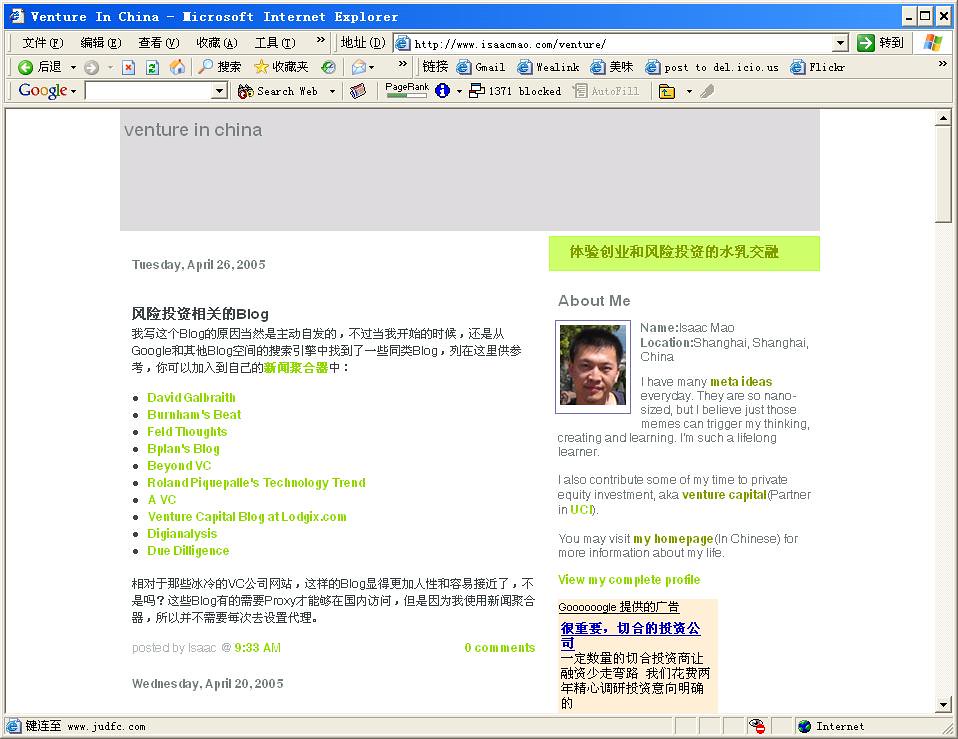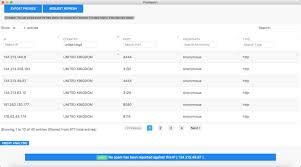ProxySite.com – Free Web Proxy Site
Protect your online privacy nowProtect Your PrivacyRoute web pages through to keep others from checking on you and monitoring your web speed, more securityView web pages fast through our gigabit network, and keep your surfing safe with Secure Socket Layer (SSL) AccessGet connected from anywhere, to anywhere. keeps people connected and makes information accessible worldwide. FacebookDon’t wait until the workday’s over to see new photos and updates. Connect through our TubeWith you can relax and watch the latest videos in high definition ’t let your boss or government block you from your favorite sites. When you connect to a website through our web proxy, you aren’t actually connecting to the website you’re viewing. will connect to the website and pass it back along to you. No matter if the destination website is secure (SSL) or not, we will pass everything back to you over an encrypted SSL connection. Let us help you browse the sites you want without worrying about those pesky you do on the Internet is nobody’s business but yours. At, we stand between your web use and anyone who tries to sneak a peek at it. Instead of connecting directly to a website, let us connect to the website and send it back to you, and no one will know where you’ve been. Big Brother (or other, less ominous snoops) won’t be able to look over your shoulder and spy on you to see what you’re reading, watching or saying.

About proxy servers – IU KB
A proxy server, also known as a “proxy” or “application-level gateway”, is a computer that acts as a gateway between a local network (for example, all the computers at one company or in one building) and a larger-scale network such as the internet. Proxy servers provide increased performance and security. In some cases, they monitor employees’ use of outside resources.
A proxy server works by intercepting connections between sender and receiver. All incoming data enters through one port and is forwarded to the rest of the network via another port. By blocking direct access between two networks, proxy servers make it much more difficult for hackers to get internal addresses and details of a private network.
Some proxy servers are a group of applications or servers that block common internet services. For example, an HTTP proxy intercepts web access, and an SMTP proxy intercepts email. A proxy server uses a network addressing scheme to present one organization-wide IP address to the internet. The server funnels all user requests to the internet and returns responses to the appropriate users. In addition to restricting access from outside, this mechanism can prevent inside users from reaching specific internet resources (for example, certain websites). A proxy server can also be one of the components of a firewall.
Proxies may also cache web pages. Each time an internal user requests a URL from outside, a temporary copy is stored locally. The next time an internal user requests the same URL, the proxy can serve the local copy instead of retrieving the original across the network, improving performance.
Note:
Do not confuse a proxy server with a
NAT (Network Address Translation) device. A proxy server connects to, responds to, and receives traffic from the internet, acting on behalf of the client computer, while a NAT device transparently changes the origination address of traffic coming through it before passing it to the internet.
For those who understand the OSI (Open System Interconnection) model of networking, the technical difference between a proxy and a NAT is that the proxy server works on the transport layer (layer 4) or higher of the OSI model, whereas a NAT works on the network layer (layer 3).
This is document ahoo in the Knowledge Base.
Last modified on 2018-11-15 11:25:00.

Proxy Basics. 5 Things You Know Before You Use One – What Is My IP …
One of the most misunderstood computer terms—and services—may be the proxy. Most of us aren’t IT experts or computer geeks, so all we want to know is “What does it do for me? ” So let’s try to answer that question as simply as we can.
You may have even used a proxy, but just not have been aware of it. Today, a common type of proxy is called a VPN, for “virtual private network. ”
If you look up the word proxy, you’ll see that it simply means a “substitute who stands in for or represents another. ” In the Internet world, a proxy is an IP address that you can use as you go on the Internet that also shields your actual IP address at that time.
You either have to sign up for a virtual private network or be given access to one, by your employer, for example.
A VPN is more than just a substitute IP address—it also provides a highly secure connection that delivers more security that most on the Internet, including the one offered by your Internet Service Provider.
A VPN is a connection that’s available online, on-demand. Once you sign up for a VPN account—whenever you want anonymity, a safer secure connection or a way around Internet blocks on your IP address—you can route your connection through your VPN provider.
You get to keep your current ISP, which remains your primary Internet connection at home. There are some free VPNs, but it’s better if you pay for better service.
There are two different types of VPNs that are common today. One is for private/corporate work purposes and the other is for Internet browsing only.
A VPN for work purposes.
For example, my wife works for an advertising agency as a proofreader. At times, she’s asked to do work on the computer long after she’s left work. But she no longer has to go back to the office to do her work, thanks to the company’s very own virtual private network.
Instead of going into the office, she simply goes to her work laptop in our home office. We have an Internet connection that is always running. She doesn’t have to open an Internet browser, such as Google Chrome or Internet Explorer—she simply clicks on an icon and keys in her password to open up the VPN automatically.
Once she’s on, she can access drives and folders on her company’s server, which are accessible only to employees who are on-site or who have the exclusive VPN connection. That way, she can open up a presentation or a document that she’d typically be able to open only at work. That whole time she’s online and connected to her workplace computer/server, she’s using a virtual private network.
A secure connection is what is important.
This VPN connection provides her with a data “tunnel” which all of her online activity will go through. This is the first and most well-known quality of a VPN. All data “traffic” that goes through a VPN, whether it’s an email or a Google search, is encrypted—that means it’s electronically “scrambled” and would be undecipherable if tapped into by a hacker.
A VPN for ordinary folks.
As you might know, a lot of people have become worried about Internet safety and privacy. Many of these same people are worried that their IP addresses might be captured by “outsiders” or hackers and used for scams or computer attacks.
Thankfully, there are VPNs that are dedicated to the one application (program) that people care about the most: Internet browsing. Instead of a corporate virtual private network to connect to the workplace, a public VPN lets you connect to a network of computers to hide your IP address and give you a secure connection on the Internet while protecting all of your data transmissions.
To recap: People don’t use VPNs just to hide their IP addresses. A VPN can also protect your data when you’re on the Internet and can give you access to the websites and information that might otherwise block you out.
Get hidden now. »» I want to hide my IP
Compare VPNs.
There are a number of virtual private networks you can sign up with. To help you, we’ve put together a VPN comparison page on our website that can link you directly to VPN services. Plus you can learn more by checking out our articles on VPNs.
See the VPN Comparison List.
Frequently Asked Questions about proxty
What is proxy example?
Some proxy servers are a group of applications or servers that block common internet services. For example, an HTTP proxy intercepts web access, and an SMTP proxy intercepts email. A proxy server uses a network addressing scheme to present one organization-wide IP address to the internet.Nov 15, 2018
What is proxy IP address?
If you look up the word proxy, you’ll see that it simply means a “substitute who stands in for or represents another.” In the Internet world, a proxy is an IP address that you can use as you go on the Internet that also shields your actual IP address at that time.
What is proxy and why it is used?
A proxy server provides a gateway between users and the internet. It is a server, referred to as an “intermediary” because it goes between end-users and the web pages they visit online. When a computer connects to the internet, it uses an IP address.

